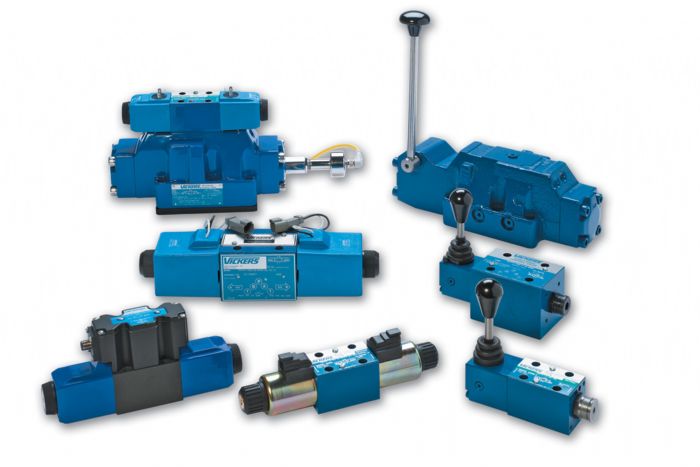Tips for Selecting the Right Solenoid Valve Hydraulic for Your Application
Hydraulic solenoid valves play a crucial role in controlling the flow of hydraulic fluid within various applications, from industrial machinery to mobile equipment. Choosing the right Solenoid Valve Hydraulic is essential for optimal performance and efficiency.
In this blog, we'll explore some valuable tips to help you navigate the selection process with confidence.
Understanding the Basics of Hydraulic Solenoid Valves
Before diving into the selection process, let's briefly review what hydraulic solenoid valves are and how they work. These valves use electromagnetic energy to control the flow of hydraulic fluid, allowing for precise and instantaneous adjustments. Understanding the basics will provide a solid foundation as you explore different options for your specific application.
When choosing hydraulic solenoid valves, consider factors such as voltage requirements, pressure ratings, and flow capacity. Ensure that the valves you select are compatible with the hydraulic system's specifications to achieve optimal performance.
Identifying Your Application's Requirements
Every hydraulic system is unique, and it's crucial to identify the specific requirements of your application before making a decision. Consider the operating conditions, environmental factors, and the type of fluid being used.
This step is vital to selecting hydraulic solenoid valves that can withstand the demands of your application and ensure long-lasting reliability.
Valve Configuration and Type
Hydraulic solenoid valves come in various configurations and types, each serving specific purposes. The two main types are normally open (NO) and normally closed (NC). Understanding the flow requirements of your system will help you determine the appropriate valve type. Additionally, consider the valve's configuration, such as 2-way, 3-way, or 4-way, based on the complexity of your hydraulic circuit.
Hydraulic solenoid valves with multiple configurations offer versatility in controlling the direction and flow of hydraulic fluid, providing you with more options to tailor the system to your application's needs.
Material Compatibility and Durability
The materials used in hydraulic solenoid valves are crucial for their durability and performance. Consider the compatibility of materials with the hydraulic fluid and environmental conditions. Stainless steel and brass are common choices for their corrosion resistance, making them suitable for a wide range of applications.

When selecting hydraulic solenoid valves, prioritise those made from materials that can withstand the harsh conditions of your operating environment. This ensures a longer lifespan for the valves and reduces the risk of malfunctions.
Voltage and Electrical Considerations
A proper voltage supply is essential for the reliable operation of hydraulic solenoid valves. Before making a purchase, confirm the voltage requirements of the valves and ensure they align with your system's electrical specifications. Incorrect voltage can lead to performance issues and potential damage to the valves.
Additionally, consider features such as low power consumption and surge protection to enhance the overall reliability of your hydraulic system. Choosing hydraulic solenoid valves with the right electrical characteristics is key to achieving optimal performance and minimising the risk of electrical failures.
Seeking Expert Guidance and Support
Navigating the world of hydraulic solenoid valves can be challenging, especially for those new to the field. Don't hesitate to seek guidance from experts or consult with manufacturers to ensure you make informed decisions.
Manufacturers often provide technical support and can assist in choosing hydraulic solenoid valves that align with your application's requirements.
Conclusion
The process of selecting the right hydraulic solenoid valves for your application involves a combination of understanding your system's needs, considering valve types and configurations, evaluating material compatibility, and ensuring proper electrical considerations.
By following these tips, you'll be well-equipped to make informed decisions that lead to optimal performance and longevity in your hydraulic system.
Source: Tips for Selecting the Right Solenoid Valve Hydraulic for Your Application
Post Your Ad Here
Comments